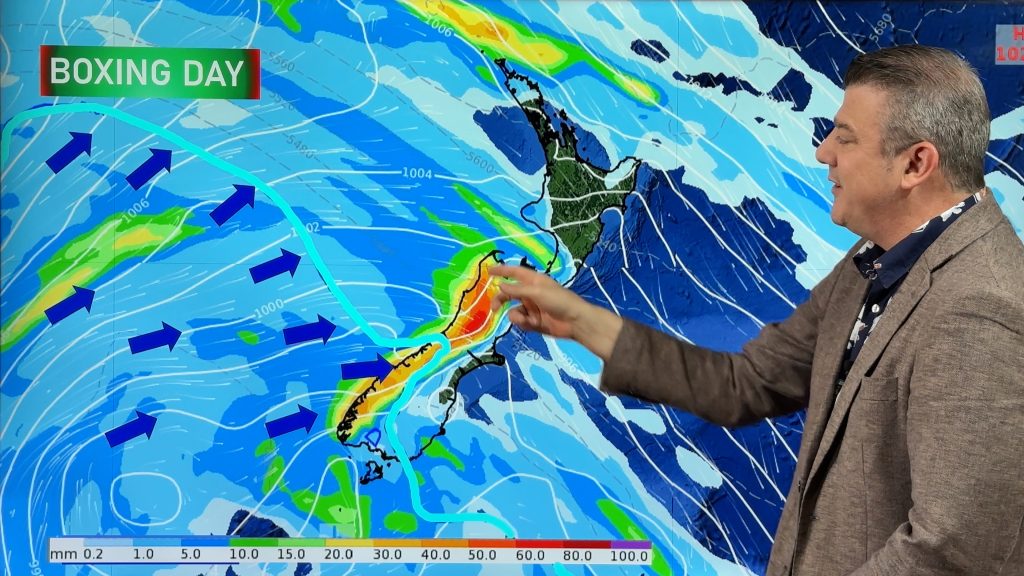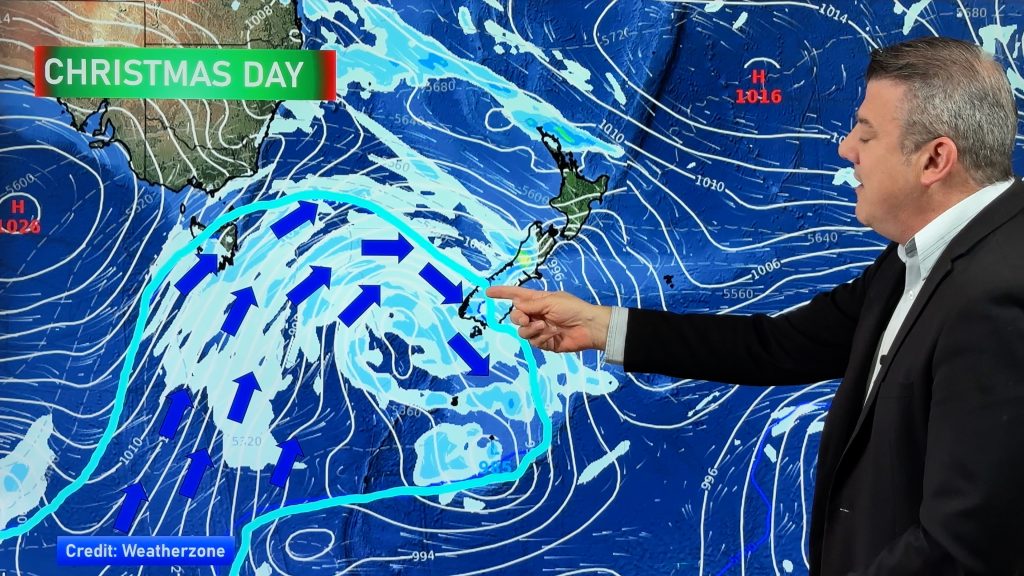
> From the WeatherWatch archives
The severe frosts are starting to make headlines as “the worst in 20 years” from the upper South Island to Waikato and Auckland. While it’s unclear if factual at this early stage some residents in the upper North Island are reporting the frosts are the worst they’ve seen since the 1980s.
In Auckland several harsh frosts in recent days have killed or damaged tropical plants which may normally only see one or two light frosts a year.
Auckland has been colder overnight than Dunedin and Invercargill on a number of occasionals since May and this morning Auckland was colder than Christchurch too.
Hamilton has had air temperatures down to -5 with reports of -7 in Tokoroa and -8 around Central Plateau, Central Otago and Northern Southland.
This morning black ice caused mayhem for motorists and emergency crews in the upper South Island as temperatures fell below -3. See the ZB story here: Icy Conditions “Worst in 20 years”.
WeatherWatch.co.nz says widespread frosty conditions, caused by a large high, are likely to remain for at least another two mornings.
Comments
Before you add a new comment, take note this story was published on 21 Jun 2009.




Add new comment
Ken Ring on 23/06/2009 11:52am
I believe the coldest month in NZ this winter could be July. The wettest month should be August, lots of snow coming then too.
As for a tie-up between the hemispheres, we are all under the same sun. The sun is extra cool at the moment and has been so for two years. The UK will get another severe February next year.
There is more evidence of global cooling. For instance for the first time in 60 years there has been summer June snow in Dickinson, N Dakota in the USA. see http://www.kxmc.com/news/386720.asp
So how can that be global warming? The public are so gullible.
cheers
Ken Ring
http://www.predictweather.com
Reply
Guest on 23/06/2009 4:52am
On the plus side at least the media is now giving all the global warming stories a rest.
Reply
Kiwi in the UK on 22/06/2009 3:55pm
Interestingly, the UK had one of the coldest/ iciest/ snowiest winters in approximately 18 years…
We had frosts most days from mid December to early February with night time temps down to around -8C on the rare occasion, and day highs around 0-5C throughout that period, with frost and black ice lasting all day in the shade. In fact, the average mean temperature for the three months of the winter in the UK was 3.1C. To be fair, frosts are pretty common during the winter, but it was just much colder than usual and for a much longer time this year. I doubt there’s any link but you never know I suppose 😉
Very interesting to hear about these in NZ especially up as far north as they have been, I wonder if there’ll be any particularly heavy snowfalls as the winter moves on, like we had.
Reply
Ken Ring on 22/06/2009 12:31pm
Hi Phil
20 years is commonly the rounded-off approximation to the nearest decade of closer to 19 years, within the range of the moon’s tidal cycle of 18-20 years. The weather recycles at the same rate as does the tide, because the moon controls weather. Two lunar cycles gets you even closer. For example, 1971-1973 saw some long cold winters in NZ.
cheers
Ken Ring
http://www.predictweather.com
Reply
Guest on 22/06/2009 4:55am
I would have to agree with the ‘Worst in 20 years’ headline. There has been frost laying in shaded parts of the Kauaeranga Valley, Thames, since Friday morning!
I have been travelling up and down the Kauaeranga Valley, twice a day for the last 17 years, and I can’t remember this happening before. It will be interesting to see if the mangroves on the edge of the river mouth are knocked back.
Reply
vinodrinker on 22/06/2009 1:45am
There was still frost in the shade at the very top of the hunuas yesterday (around kohukohunui summit) at midday! cold but stunning views for miles!!
Reply